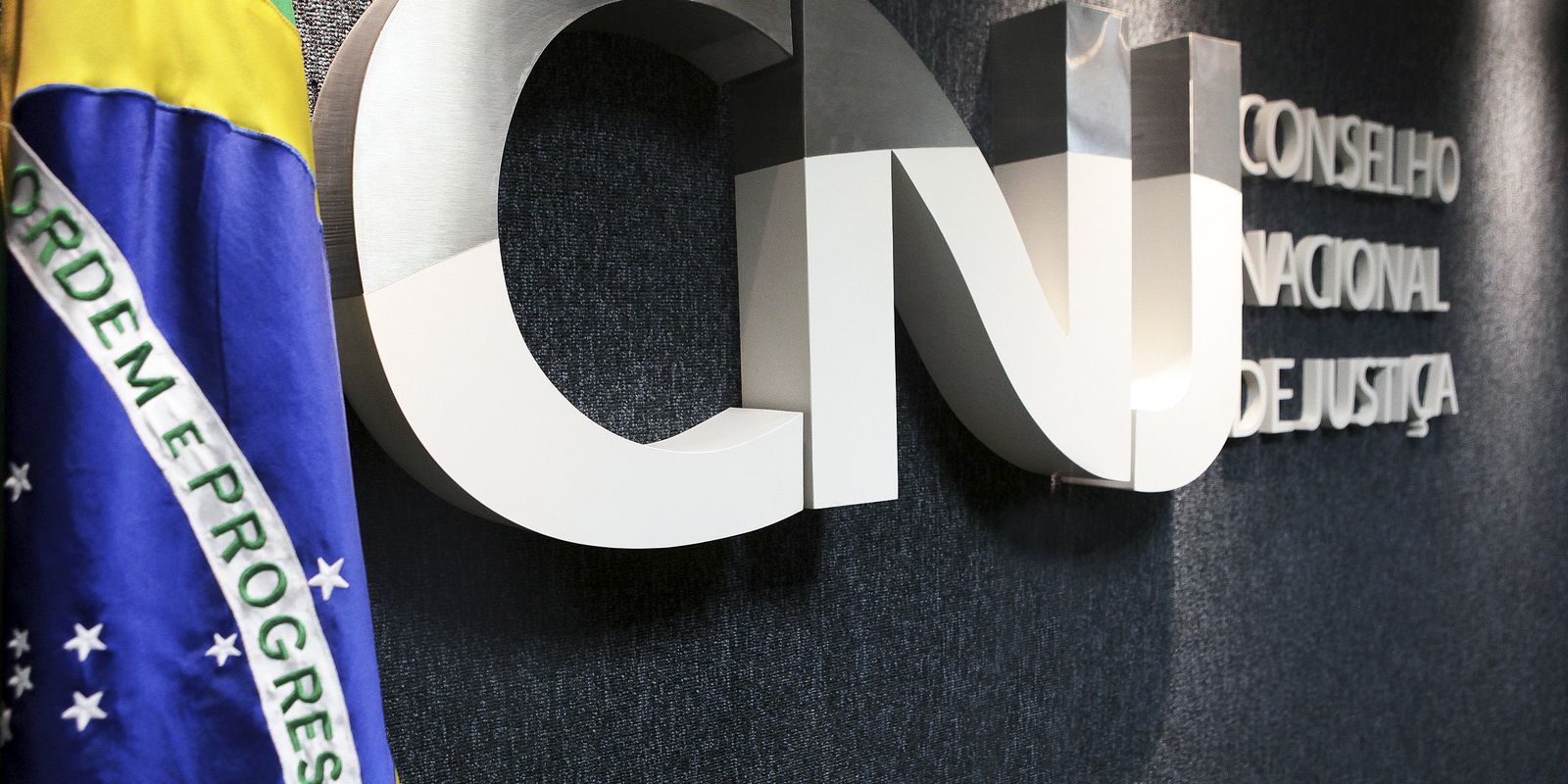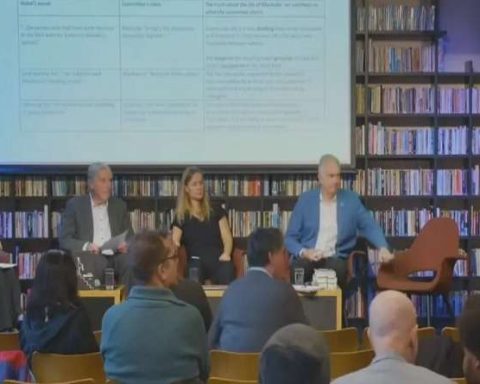The National Council of Justice (CNJ) concluded that there was an increase in the number of artificial intelligence projects in the Brazilian Judiciary.
According to a survey released by the council, there was an increase of 171% compared to the same survey carried out last year. The number of projects developed or under development went from 41 to 111.
Artificial intelligence tools are used by the courts to increase productivity and reduce the costs of judicial services offered to the population.
According to the survey, federal courts had the highest average of projects per court (2.8). Then appear the state courts, which presented an average of 2.7.
The Court of Justice of Rondônia was the one that registered the largest number of projects in this year’s edition of the survey, totaling 20 tools in use.
Among the examples of artificial intelligence tools that were identified is Janus, a solution used by the Regional Electoral Court of Bahia to automate repetitive tasks and speed up the judgment of candidacy records and electoral accountability. The system classifies processes and identifies equivalent opinions to compose a decision.
At the Bahia Court of Justice, the virtual assistant (chatbot) named Sofia performs the automatic screening of cases from the special courts.
The survey is part of the CNJ’s Justice 4.0 Program, which promotes actions to accelerate the digital transformation of Justice across the country.

















